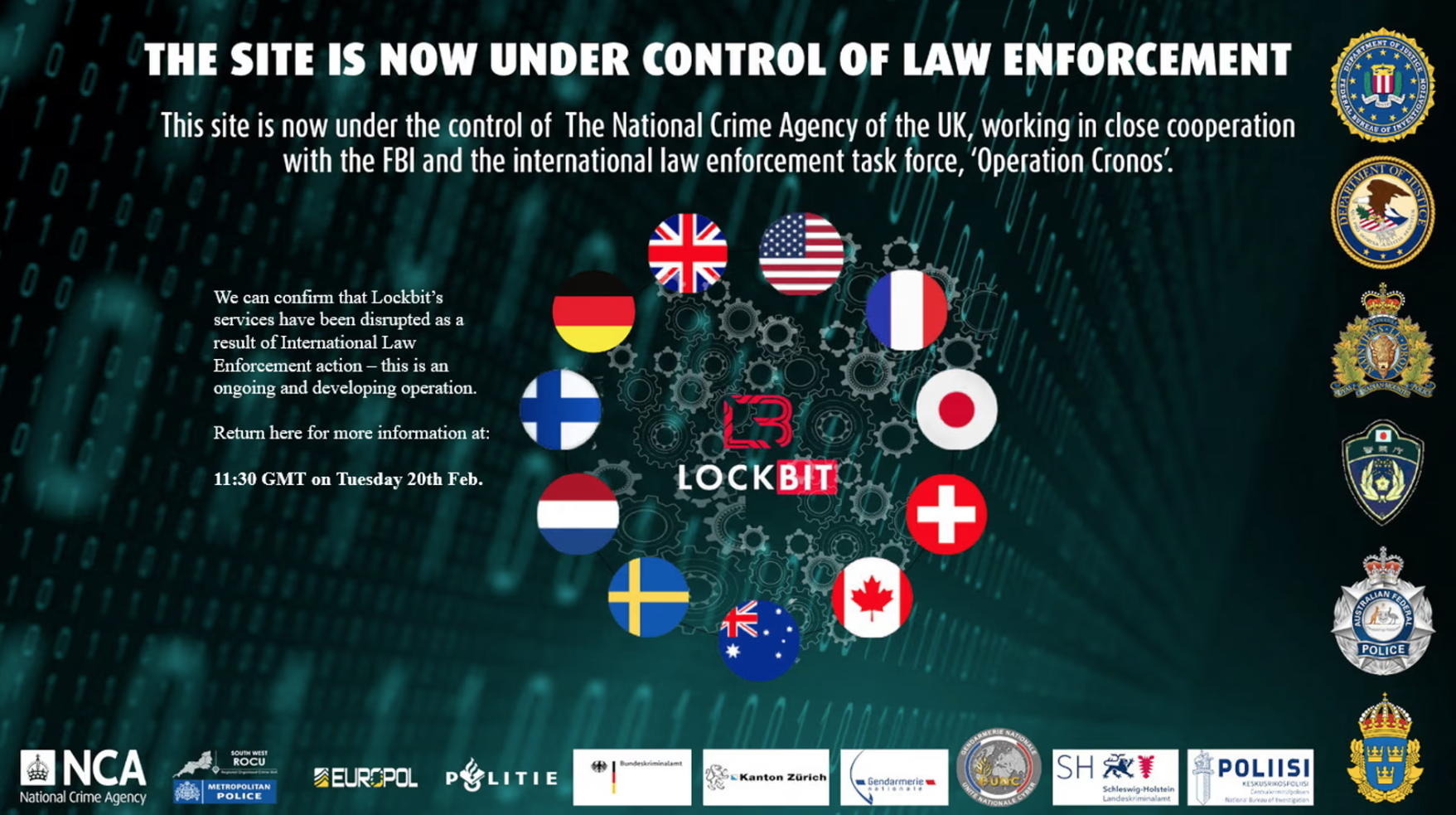The British Library has published its lessons learned from the devastating cyber attack that struck in October 2023.
In an eighteen-page report which shows an impressive commitment to transparency, but makes for painful reading, the organisation details how it was compromised by the Rhysida ransomware group during a traumatic timeline of events. In a subsequent press release, the Library also states it hopes other institutions will learn from its findings in the wake of a ‘deeply damaging criminal attack.’
Unfortunately, the report makes clear that in response to tighter security standards, the organisation ceased to be Cyber Essentials Plus certified in 2022, pending replacement of some older systems. In section six, sixteen ‘lessons learned’ form the basis of its future plans and guidance to other organisations:
- Enhance network monitoring capabilities
- Retain on-call external security expertise
- Fully implement multi-factor authentication: Multi-factor authentication needs to be in place on all internet-facing endpoints, regardless of any technical difficulties in doing so.
- Enhance intrusion response processes
- Implement network segmentation
- Practice comprehensive business continuity plans
- Maintain a holistic overview of cyber-risk
- Manage systems lifecycles to eliminate legacy technology
- Prioritise remediation of issues arising from legacy technology
- Prioritise recovery alongside security
- Cyber-risk awareness and expertise at senior level
- Regularly train all staff in evolving risks
- Proactively manage staff and user wellbeing
- Review acceptable personal use of IT
- Collaborate with sector peers
- Implement Government standards, review and audit policies and processes regularly
The exact origin of the hack – which took Library systems offline for months – is unconfirmed, in part due to the scale of the destruction. However the Library’s independent security investigators believe the original breach was caused by either a spear-phishing, brute force or other credential compromise. This allowed hackers access to a remote session on a terminal server that was not yet subject to Multi-Factor Authentication for a user to login.
From there, around 600GB of data (or half a million documents) were exfiltrated, with searches for sensitively-named content such as ‘passport’ and ‘confidential’. Backup copies of twenty-two databases were also made, and removed from the network. Ransomware was also deployed, and the encrypted data used for attempted extortion.
At several points Rhysida are believed to have made their own actions difficult to track – deleting log files and destroying servers to prevent a swift recovery. In a classic ‘double-extortion’ the group also leaked employee and customer data for auction on the dark web in November, with a starting value of 20 Btc (then approximately £600,000). The British Library insists that in line with guidance given by the National Cyber Security Centre, no attempt was made to communicate with the attackers, nor any ransom paid.
The Rhysida ransomware group are also reported to, or have claimed responsibility for, hacks carried out in Chile, Portugal, Kuwait and the United States in the latter half of 2023. Cyber security professionals believe the hackers are Russian-speaking, although evidence is limited.
Lengthy and costly, the cleanup effort has clearly been difficult. The report details that the Library convened Gold and Silver level crisis-management committees, with both private sector and UK state cyber security assistance – although senior staff at the BL were at one point forced to communicate via an emergency WhatsApp call in the absence of official systems. The Library’s main catalogue, containing more than 36-million records, only returned online in ‘read-only’ format in January, and the report states ‘Many staff have been unable to perform significant parts of their roles’ (for more than 3 months.)
The Financial Times have speculated that the recovery costs may eventually total over £7m, which would represent around 40% of the institution’s known financial reserves, although the Library’s Chief Executive, Sir Roly Keating, told the BBC it was too early to calculate the true value.
For cyber security expertise and assistance, please contact our team today.

